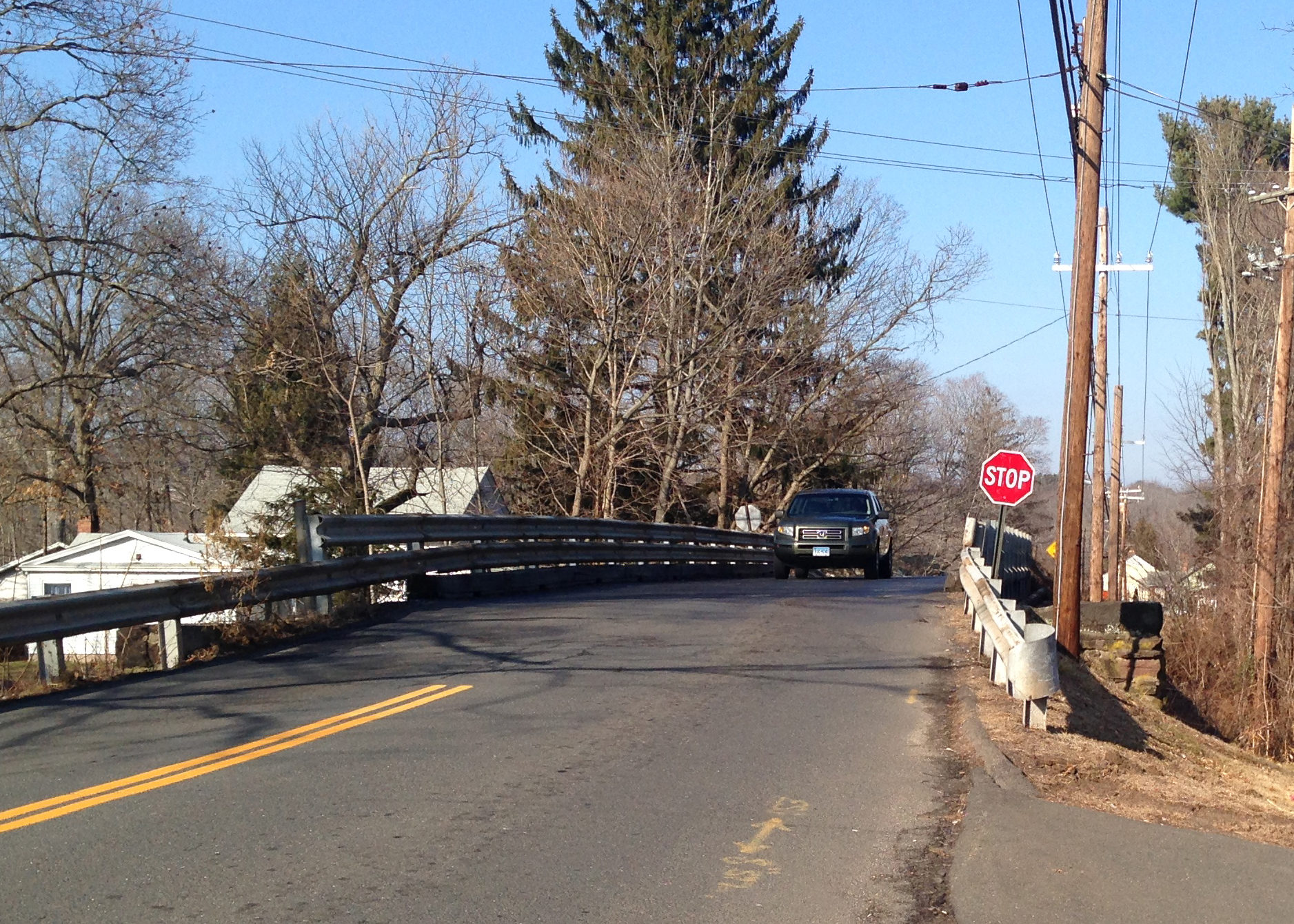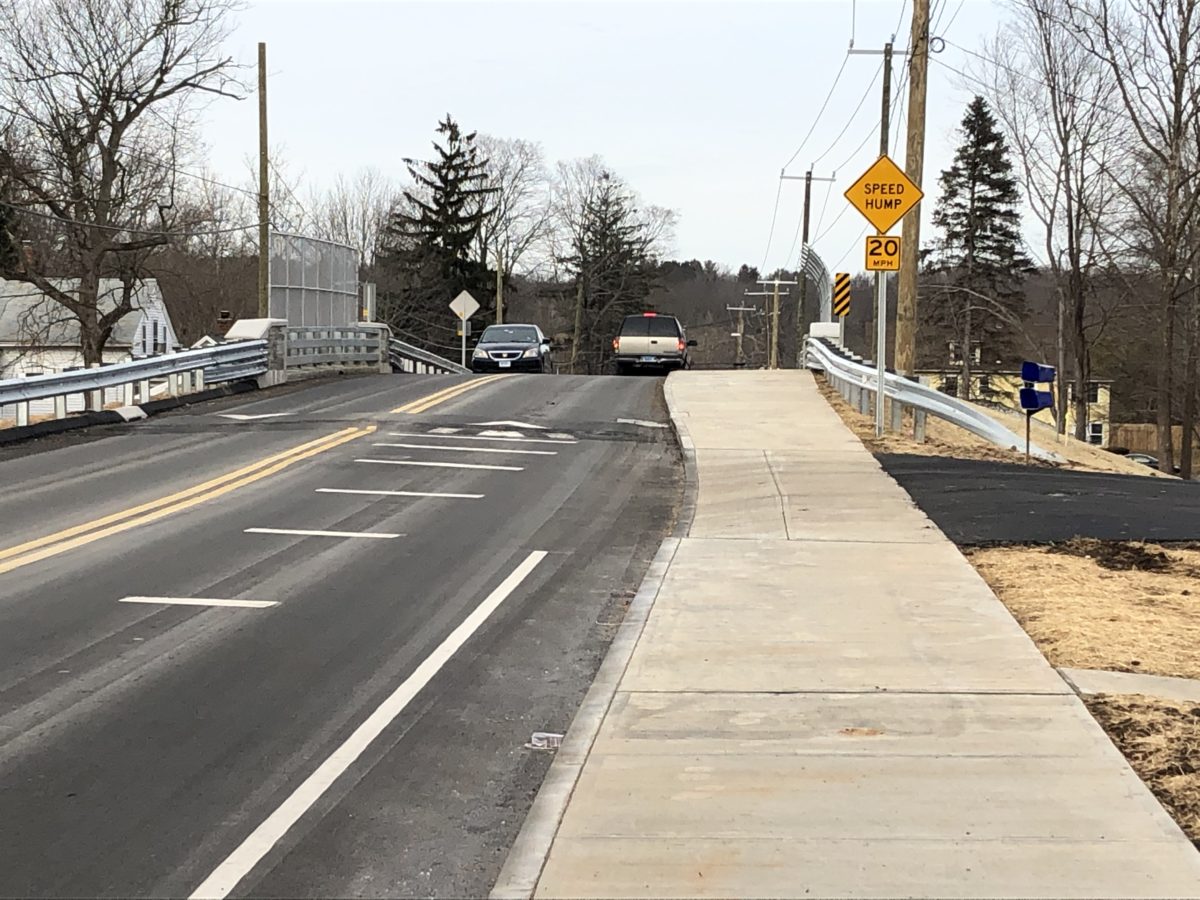 Support your local farms!
Support your local farms!
This message is from Jane Brawerman, posted on the CT River Coastal Conservation District’s Facebook page. Food security is on many people’s minds right now. There are many ways we can promote self-sufficiency in our town, region and state when it comes to our food. Farmers are working hard now growing fruits and veggies, and raising animals so we can enjoy healthy local foods. It’s a great time to connect with your local farmers and find out how you can buy from them to support their farms. Whether it’s signing up for a CSA, going to a farmers market, stopping by a farm store, or ordering online for pick up, you can eat really well, reduce your carbon footprint, and support local businesses! For more information about farms in your local area, go to the Connecticut NOFA Local Farm and Food Guide, https://guide.ctnofa.org/.
Healthy PlanEat will soon launch a new website that will enable farmers to manage inventory, distribution, and incoming orders from local customers. For updates on the launch (aiming for mid-June), please follow the Healthy PlanEat Facebook page or Instagram.
The Bridge, located in Middletown, makes tofu, seitan, amasake, and tofu salad, using non-GMO soybeans. Its products can be found locally at ION, Whole Foods, and the Willimantic Coop. The website is http://www.bridgetofu.com/.
Located in Haddam, Auntie Arwen’s Spices offers about 500 different spice and herb blends, as well as teas. The products are sold online and at farmer’s markets. The website is https://www.auntiearwenspices.com/about.html.
Owned by Nancy DuBrule of Middletown, Natureworks in Northford is a small garden center that focuses on organic gardening and native plants. Due to the pandemic, the retail shop is closed, but orders are taken on line at https://naturework.com/ and can be picked up at the curb.
Heirloom Market at Comstock Ferre in Old Wethersfield offers delicious organic food in its café, as well as groceries, bedding plants, and a wide variety of Baker Creek heirloom seeds. The Facebook page is https://www.facebook.com/heirloommkt/, and the Web site is https://www.heirloommkt.com/.
The Rockfall Foundation’s newest video in the Nature’s Supermarket series highlights two types of nettles. Wood Nettle is a native species found in our woodlands. Stinging Nettle is an introduced species that may seem like a nuisance plant in your yard, but has culinary value and many other uses. Click here for the video on identifying both types of nettle. We’ve included a recipe that we enjoy for Stinging Nettles Indian Style.
 It is that time in the season when you may have more cucumbers and zucchini then you can eat or put up. If you find yourself in this situation, consider donating your excess produce to our local food pantries and put it to good use. Details for Middletown and Portland are below:
It is that time in the season when you may have more cucumbers and zucchini then you can eat or put up. If you find yourself in this situation, consider donating your excess produce to our local food pantries and put it to good use. Details for Middletown and Portland are below:













 For the past 4 years, the Jonah Center has organized work parties of 20-30 paddlers each to remove invasive water chestnut (trapa natans) from the Floating Meadows, the 1000 acre freshwater tidal marshland formed by the Mattabesset and Coginchaug Rivers.
For the past 4 years, the Jonah Center has organized work parties of 20-30 paddlers each to remove invasive water chestnut (trapa natans) from the Floating Meadows, the 1000 acre freshwater tidal marshland formed by the Mattabesset and Coginchaug Rivers. Due to the pandemic, the Jonah Center has not organized large work parties. We have encouraged paddlers to go out solo or in small family groups. Bring a large plastic bag, gently pull up plants by the roots, place them in the bag, and deposit the plants near the informational kiosk in the boat launch parking area.
Due to the pandemic, the Jonah Center has not organized large work parties. We have encouraged paddlers to go out solo or in small family groups. Bring a large plastic bag, gently pull up plants by the roots, place them in the bag, and deposit the plants near the informational kiosk in the boat launch parking area.
 Portland’s Air Line Trail Steering Committee has worked with private property owners to define a route that would extend the trail going west from YMCA Camp Ingersoll to Route 17. The committee is in the process of requesting formal easements from these property owners. This phase 2 segment will then require state or federal funding for final design work and construction. The proposed route (shown here) makes various turns that deviate from the original Air Line Trail right-of-way, due to sand and gravel excavations underway by Butler Construction. Completion of this segment will greatly advance the ultimate goal of connecting the Air Line Trail with Portland’s town center and the Arrigoni Bridge.
Portland’s Air Line Trail Steering Committee has worked with private property owners to define a route that would extend the trail going west from YMCA Camp Ingersoll to Route 17. The committee is in the process of requesting formal easements from these property owners. This phase 2 segment will then require state or federal funding for final design work and construction. The proposed route (shown here) makes various turns that deviate from the original Air Line Trail right-of-way, due to sand and gravel excavations underway by Butler Construction. Completion of this segment will greatly advance the ultimate goal of connecting the Air Line Trail with Portland’s town center and the Arrigoni Bridge.

 The Jonah Center wishes to thank the 97 individuals and organizations who contributed to our successful Replace Our Trees Campaign in Middletown and Portland. Click on the following link to view the
The Jonah Center wishes to thank the 97 individuals and organizations who contributed to our successful Replace Our Trees Campaign in Middletown and Portland. Click on the following link to view the  Due to the pandemic and related economic distress, the State of Connecticut’s Energy Efficiency Board has dramatically increased the financial incentives for home insulation projects when completed by Home Energy Solutions contractors. Even without any incentives, insulation offers the greatest return on investment of any energy conservation measure a homeowner can make.
Due to the pandemic and related economic distress, the State of Connecticut’s Energy Efficiency Board has dramatically increased the financial incentives for home insulation projects when completed by Home Energy Solutions contractors. Even without any incentives, insulation offers the greatest return on investment of any energy conservation measure a homeowner can make. After a $9,253 match from the Sustainable CT Community Match Fund, the Jonah Center Tree Fund now has $20,000 available for planting along streets and sidewalks in Middletown and Portland. The project was initiated and received strong community support in recognition of the large number of trees that have died in recent years due to old age, drought, pests such as gypsy moths and emerald ash borers, and the replacement of sidewalks. Climate change has had a significant impact on the specific tree species that are suitable to our new southern New England environment.
After a $9,253 match from the Sustainable CT Community Match Fund, the Jonah Center Tree Fund now has $20,000 available for planting along streets and sidewalks in Middletown and Portland. The project was initiated and received strong community support in recognition of the large number of trees that have died in recent years due to old age, drought, pests such as gypsy moths and emerald ash borers, and the replacement of sidewalks. Climate change has had a significant impact on the specific tree species that are suitable to our new southern New England environment.  Support your local farms!
Support your local farms! While the project to repair and replace the approach ramps and sidewalks of the Arrigoni Bridge is underway, controversy about the work continues to swirl. Apparently, CT DOT’s original plan was approved by the previous Middletown administration with no public hearing or citizen comment. The stated goal of the project, according to CT DOT, was to improve the efficiency of Main Street between Washington and Hartford Ave. and the entrances to Route 9 and the Arrigoni Bridge. DOT’s interest in reducing congestion in this area is probably related to future plans to remove traffic signals from Route 9, which will involve some changed traffic patterns in the downtown area, especially near the bridge. Here are some of the issues and concerns surrounding the project.
While the project to repair and replace the approach ramps and sidewalks of the Arrigoni Bridge is underway, controversy about the work continues to swirl. Apparently, CT DOT’s original plan was approved by the previous Middletown administration with no public hearing or citizen comment. The stated goal of the project, according to CT DOT, was to improve the efficiency of Main Street between Washington and Hartford Ave. and the entrances to Route 9 and the Arrigoni Bridge. DOT’s interest in reducing congestion in this area is probably related to future plans to remove traffic signals from Route 9, which will involve some changed traffic patterns in the downtown area, especially near the bridge. Here are some of the issues and concerns surrounding the project.  The Governor acknowledges that we need to increase the use of public transit and that public transit needs to work better. But how are people supposed to get to a train or bus station? One way is by bicycle!
The Governor acknowledges that we need to increase the use of public transit and that public transit needs to work better. But how are people supposed to get to a train or bus station? One way is by bicycle!

